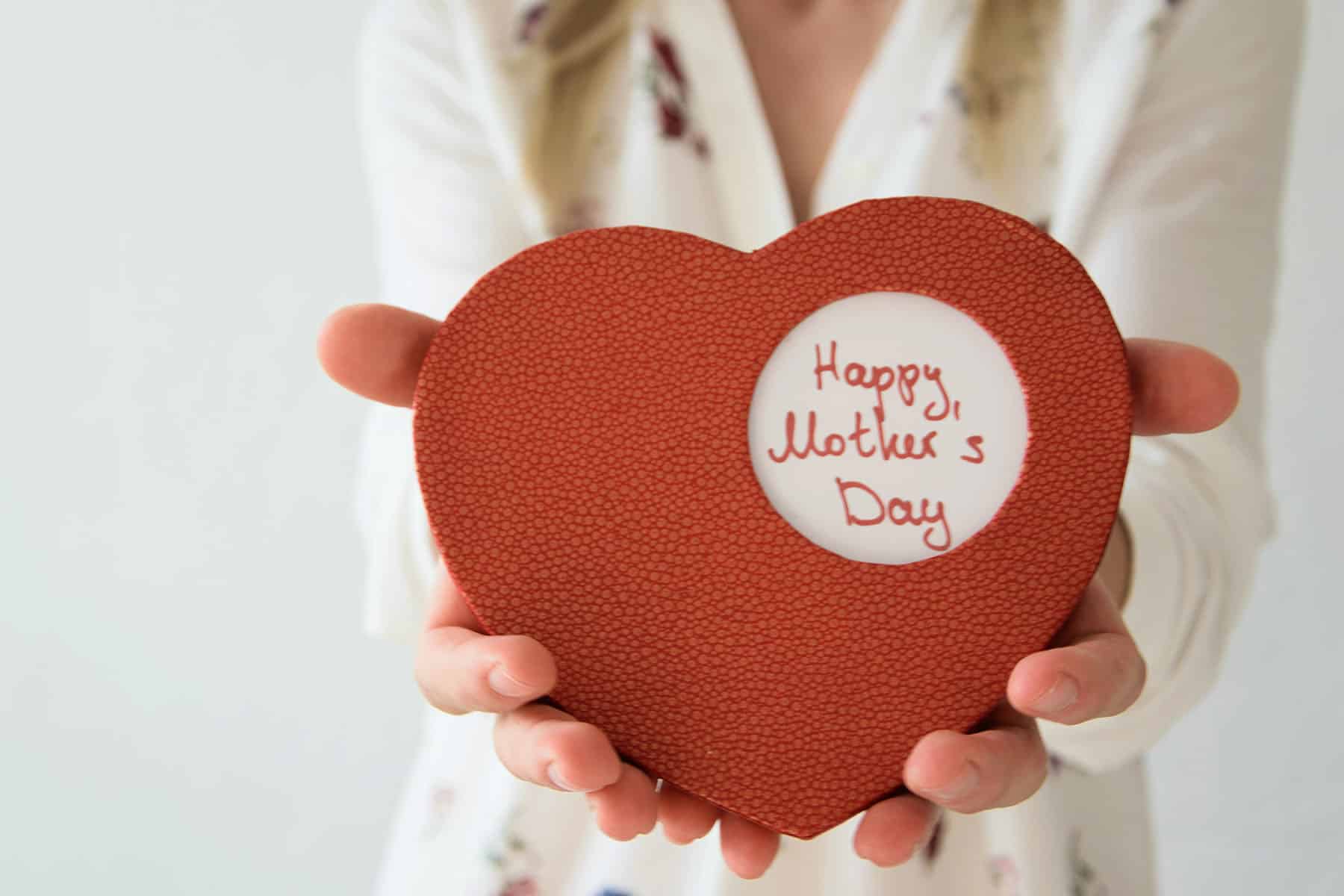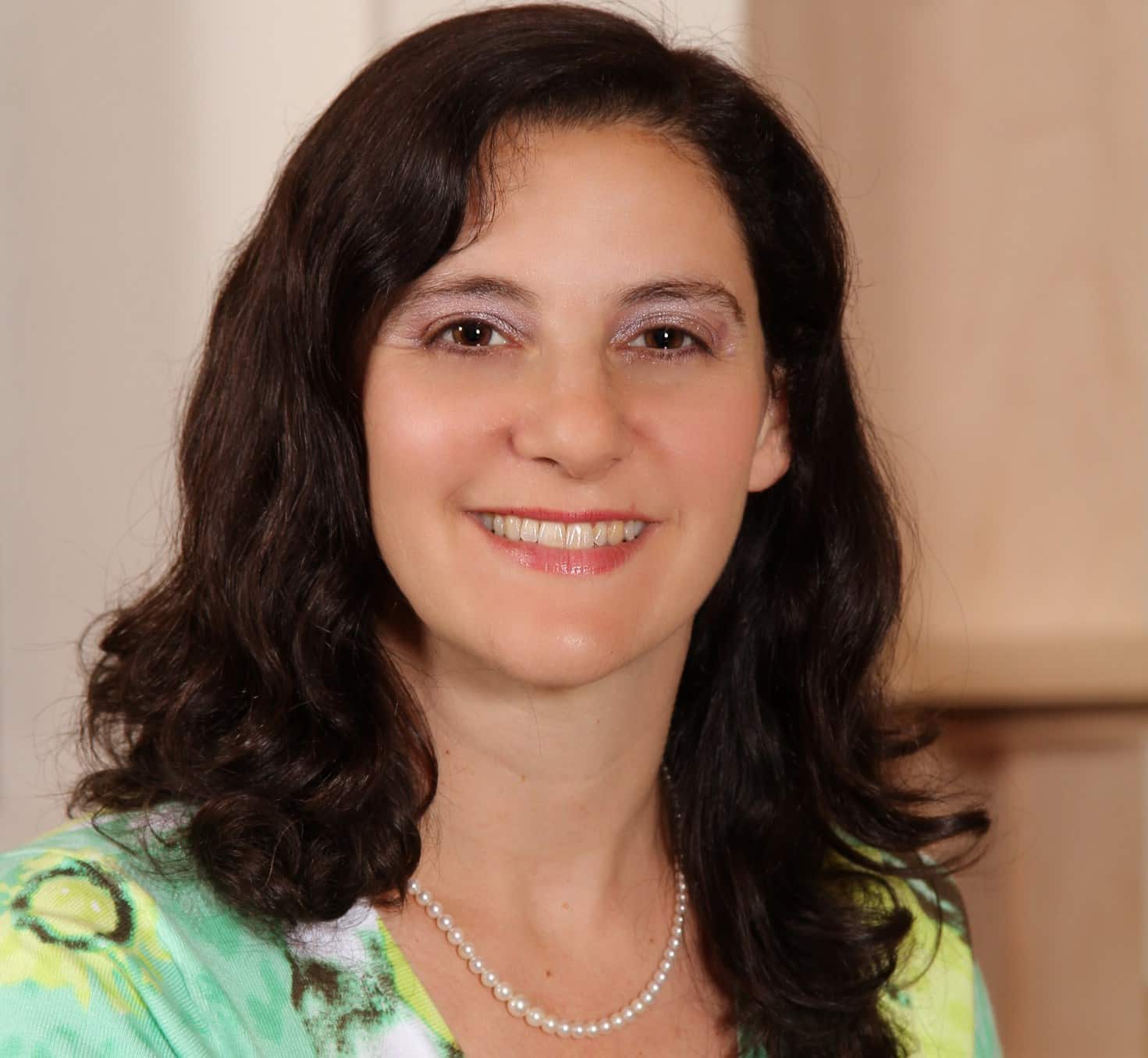
Mother’s Day is usually one of our busiest days of the year. We normally have brunch with my mother-in-law and extended family at a restaurant followed by swimming at their home and then dinner with my step-mother and extended family at another restaurant. Sometime over mother’s day weekend, I like to stop by the beach to enjoy its beauty. This year, since restaurants, and the beach are closed and gatherings are forbidden, none of that is possible. Usually today, I would be at stores buying Mother’s Day presents and cards, but I doubt my mother figures would want me to risk my life to purchase gifts. I’m racking my mind to think of some joyful activity to celebrate Mother’s Day, but everything I can think of is not an option this weekend.
This Mother’s Day reminds me what a painful time this is, and I’m not alone. My mother died a few days before Mother’s Day eleven years ago, so I know Sunday will be particularly painful for all those who lost mothers or grandmothers to Covid-19 or other diseases in recent months. Surely many mothers and grandmothers are battling the disease right now – both the mothers who are fighting Covid-19 for their own life and those helping others on the front lines, including doctors, nurses, grocery clerks, and more. For healthy mothers throughout the country, this Mother’s Day will be a sad reminder that Covid-19 precautions preclude spending physical in-person time with their children and grandchildren. Many hugs and kisses will be missed.
To honor mothers, we create an event and we often focus on the restaurant, the gifts, and the flowers, but the true, spiritual lesson of motherhood is precisely the opposite. Motherhood is really about appreciating the non-events of life – the mundane moments which small children particularly relish.
This week’s Torah portion begins with a painful conflict between ritual and personal loss. The parasha, called Emor (Speak), begins with God instructing Moses to speak to the priests about how to handle this dilemma. The ancient priests who worked in the Temple were supposed to avoid ritual impurity (acquired by coming close to a dead body), but what should a priest do if they lose a loved one? The portion begins with God specifying that the priest should nevertheless make an exception for “his closest relatives: his mother, and father, son, daughter, brother, or sister.” In this conflict between work and family, the Torah says: family comes first.
Oddly, the priest’s wife doesn’t appear on the list, but the rabbis of the Talmud clarified that the phrase “his closest relatives” surely refers to her, too. In reading this passage, I was struck by the idea that the person he was presumably closest to — his wife — wasn’t mentioned explicitly but was taken as a given.
This textual omission reflects a tendency in life. In our busyness with the smaller things in life, we take the most important things for granted. I’ve often felt this way about Mother’s Day. To honor mothers, we create an event and we often focus on the restaurant, the gifts, and the flowers, but the true, spiritual lesson of motherhood is precisely the opposite. Motherhood is really about appreciating the non-events of life – the mundane moments which small children particularly relish. Kids often teach adults how to find joy in simple activities (like errands) that adults might otherwise find boring.
At its heart, parenthood is really about sacrificing one’s short-term, personal pleasures (like sleep) for the long-term health and happiness of one’s family. Indeed, this Mother’s Day, mothers throughout the world are forfeiting their celebrations for the safety of their families and others. In that sense, even without the flowers and fancy meals, this just might be the truest Mother’s Day of all.


































 More news and opinions than at a Shabbat dinner, right in your inbox.
More news and opinions than at a Shabbat dinner, right in your inbox.